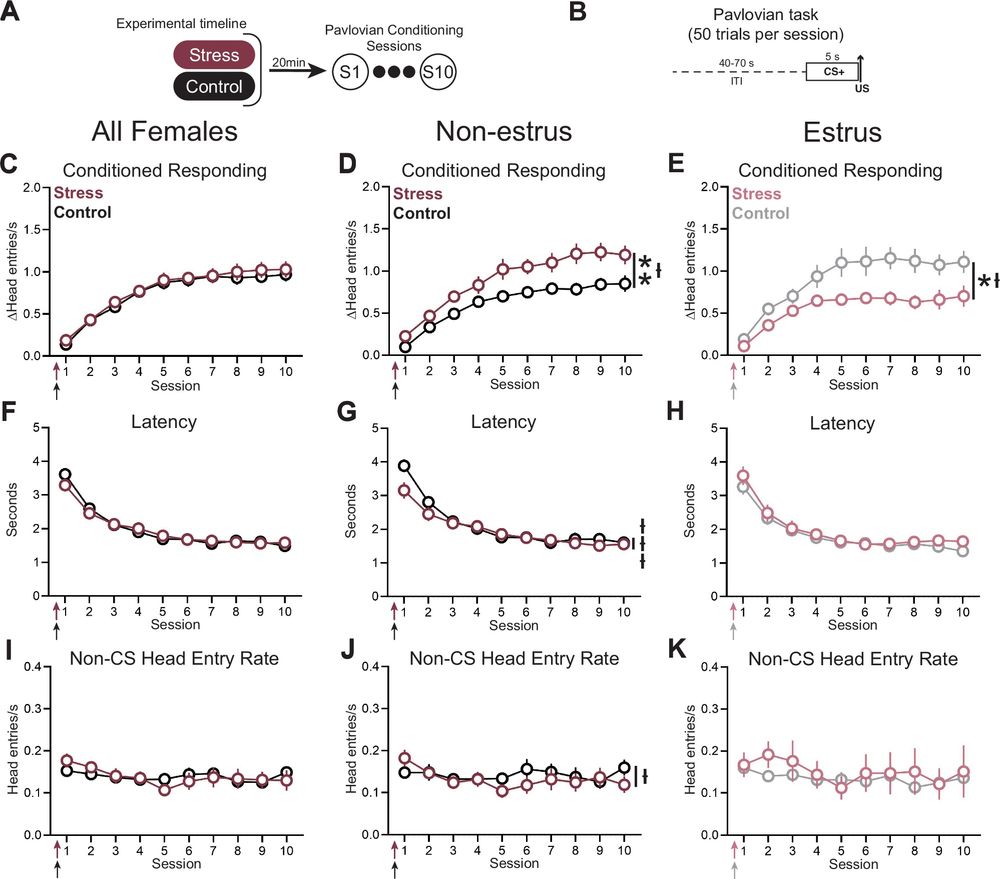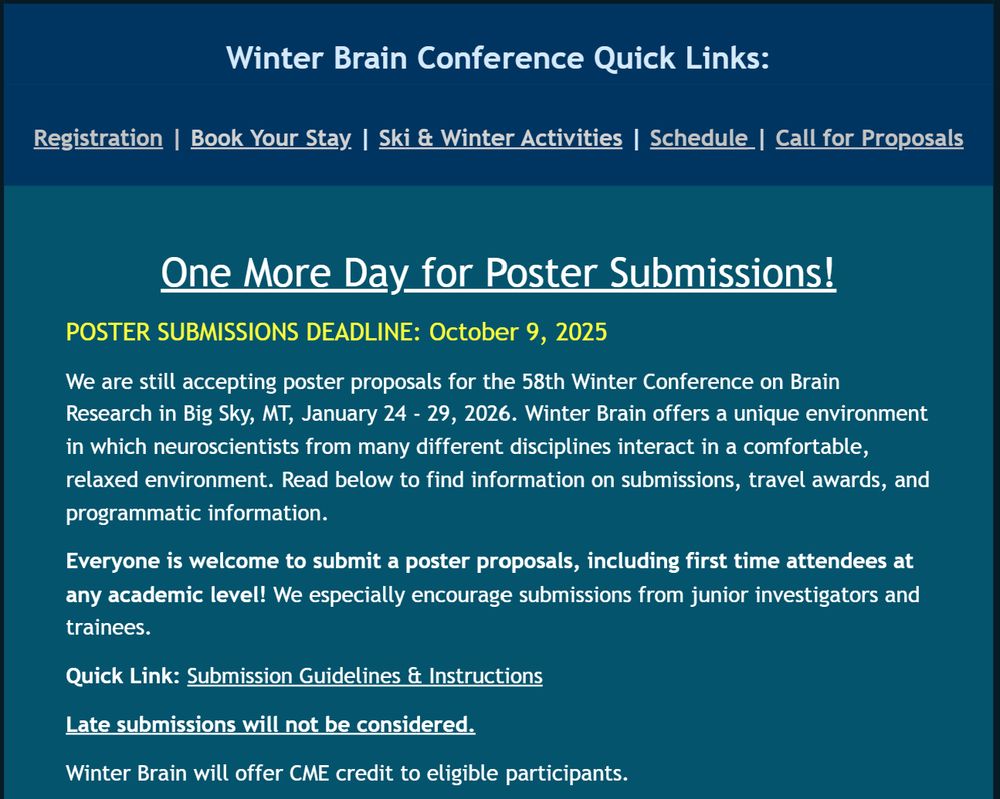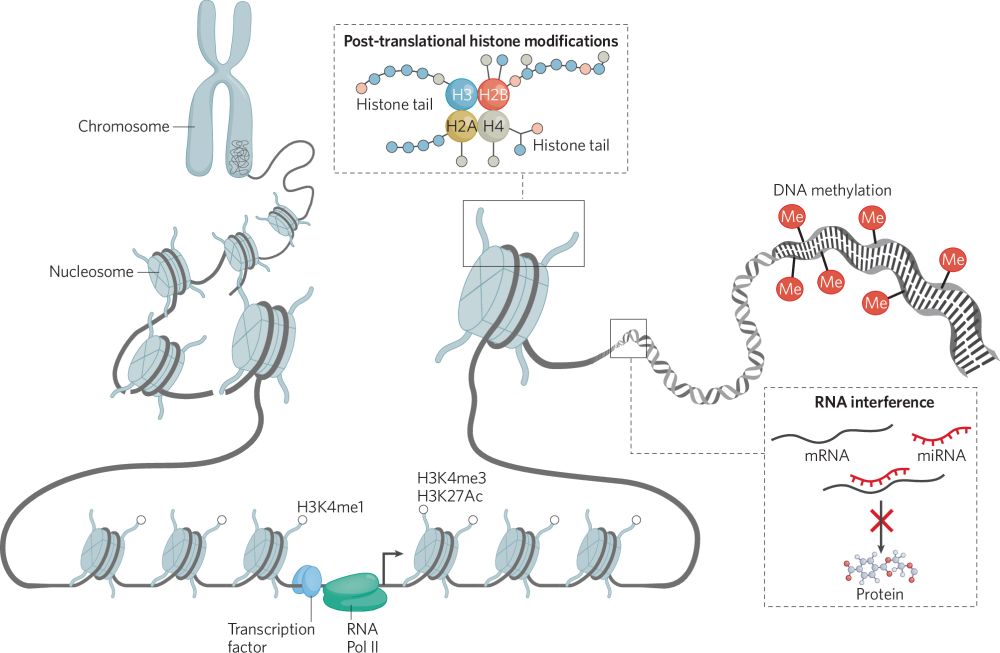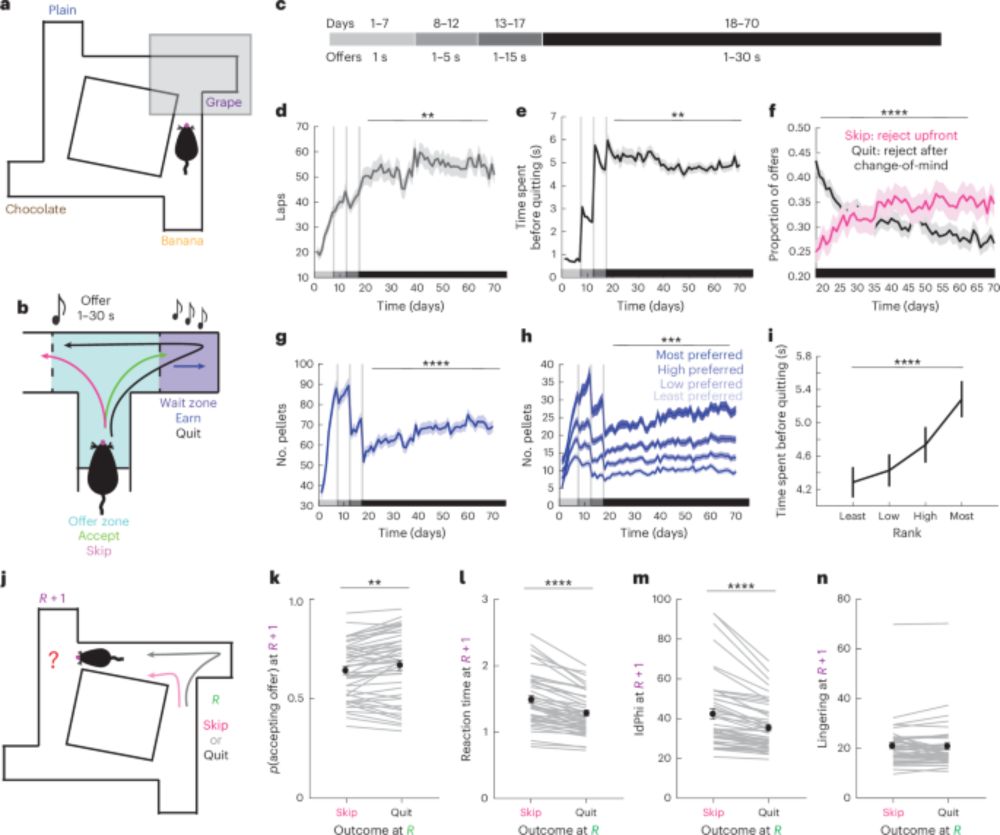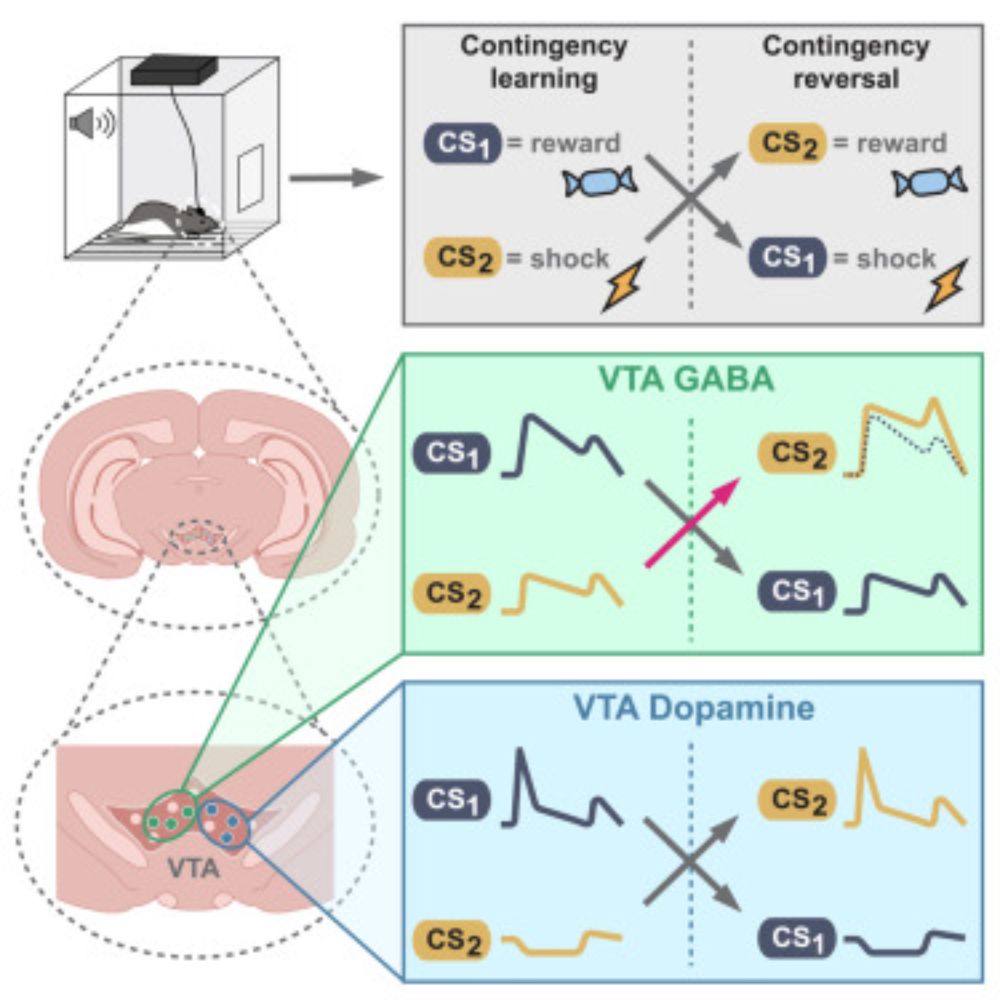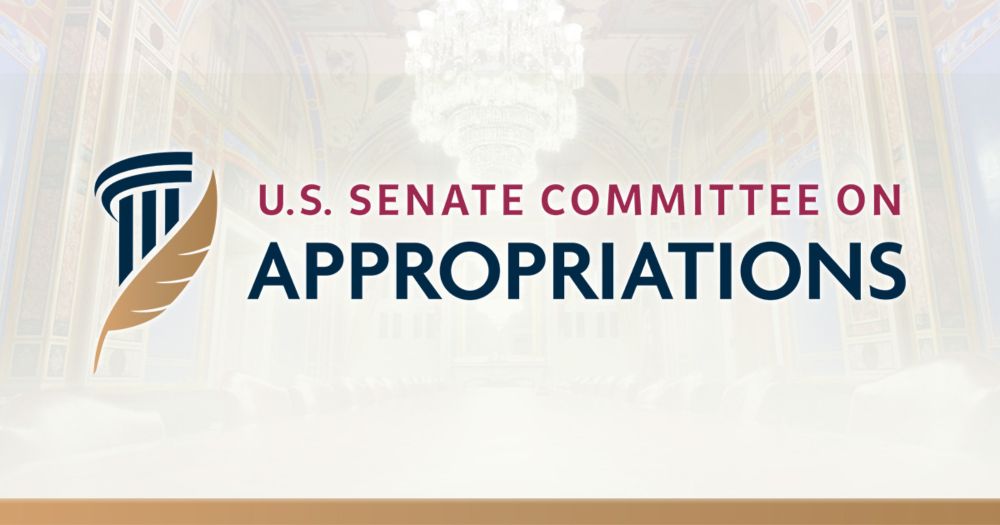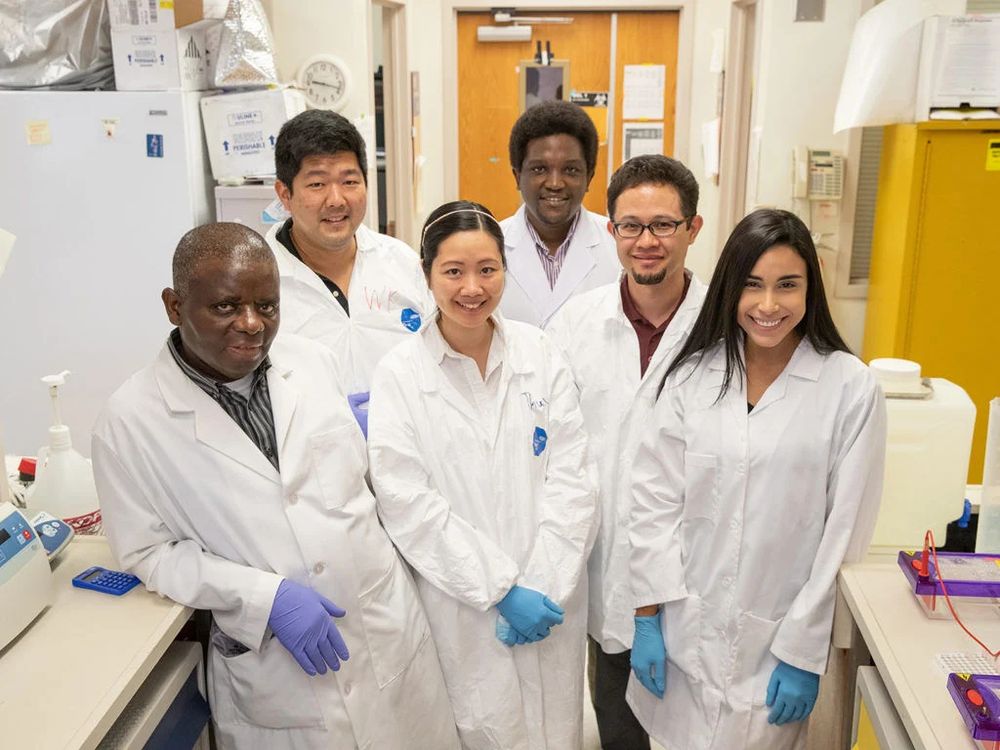Matt Wanat
@mattjwanat.bsky.social
5.1K followers
370 following
81 posts
Nerding out to neuroscience since 2002. Studying the neurobiology of motivated behavior by day. Running, hiking, eating, and camping by night.
www.wanatlab.org
Posts
Media
Videos
Starter Packs
Reposted by Matt Wanat
Reposted by Matt Wanat
Reposted by Matt Wanat
Reposted by Matt Wanat
Reposted by Matt Wanat
Reposted by Matt Wanat
Reposted by Matt Wanat
Reposted by Matt Wanat
Matt Wanat
@mattjwanat.bsky.social
· Aug 15
Reposted by Matt Wanat
Matt Wanat
@mattjwanat.bsky.social
· Aug 9
Reposted by Matt Wanat
Merridee Lefner
@merridee.bsky.social
· Jul 31
Reposted by Matt Wanat
Reposted by Matt Wanat

